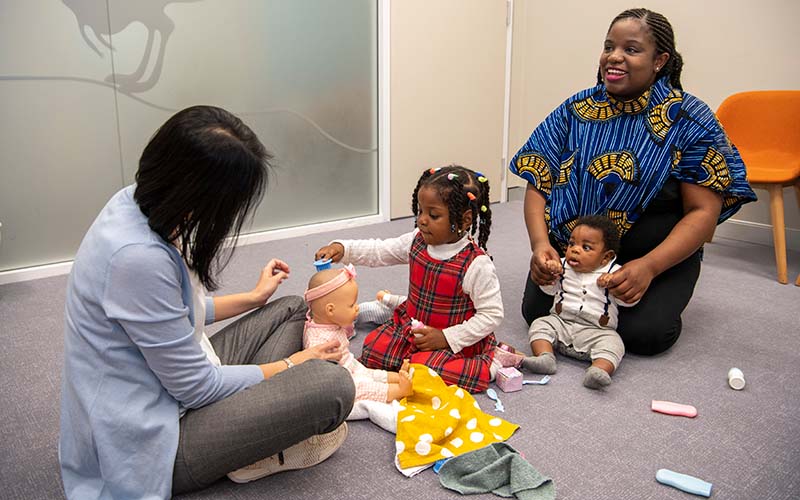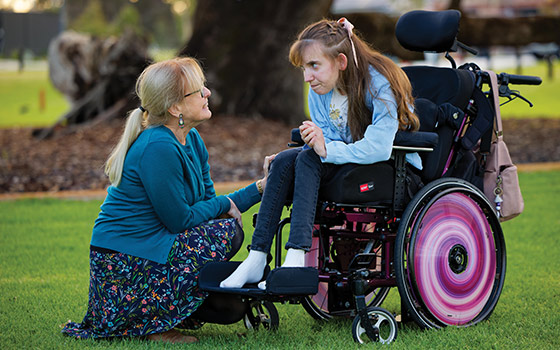Search
The visual representation of Teen Talk study findings
Research
WA Register for Autism Spectrum DisordersThe aim of the WA Register for Autism Spectrum Disorders is to monitor diagnostic trends of Autism Spectrum Disorders. These disorders develop in

The Kids' autism research takes place at CliniKids, a centre that integrates world-class research with a clinical service for children with developmental delay and/or autism and their families.

The Quality of Life Inventory - Disability
Research
Brain-behavior links in autism spectrum disorder across the lifespanAndrew Videos Whitehouse Watch and listen to Andrew PhD Deputy Director (Research); Angela Wright Bennett Professor of Autism Research at The Kids
Research
Caregiver Psychological Distress Predicts Temperament and Social-Emotional Outcomes in Infants with Autism TraitsChild temperament and caregiver psychological distress have been independently associated with social-emotional difficulties among individuals with autism. However, the interrelationship among these risk factors has rarely been investigated.
Research
Exploring the Experience of Seeking an Autism Diagnosis as an AdultEmerging research suggests that seeking an autism diagnosis as an adult is usually difficult and time-consuming but brings relief once a diagnosis is made. This study explored the experience of the pathway to an autism diagnosis during adulthood for adults living in Australia.
Research
Developmental Vitamin D Deficiency in Pregnant Rats Does Not Induce PreeclampsiaPreeclampsia is a pregnancy disorder characterized by hypertension. Epidemiological studies have associated preeclampsia with an increased risk of neurodevelopmental disorders in offspring, such as autism and schizophrenia. Preeclampsia has also been linked with maternal vitamin D deficiency, another candidate risk factor also associated with autism.
Research
An evidence-based framework for determining the optimal amount of intervention for autistic childrenThe provision of timely, effective, and socially valid non-pharmacological intervention is at the core of efforts to support the development of young autistic children. These efforts are intended to support children to develop skills, empower their caregivers, and lay the foundation for optimal choice, independence, and quality of life into adulthood.

